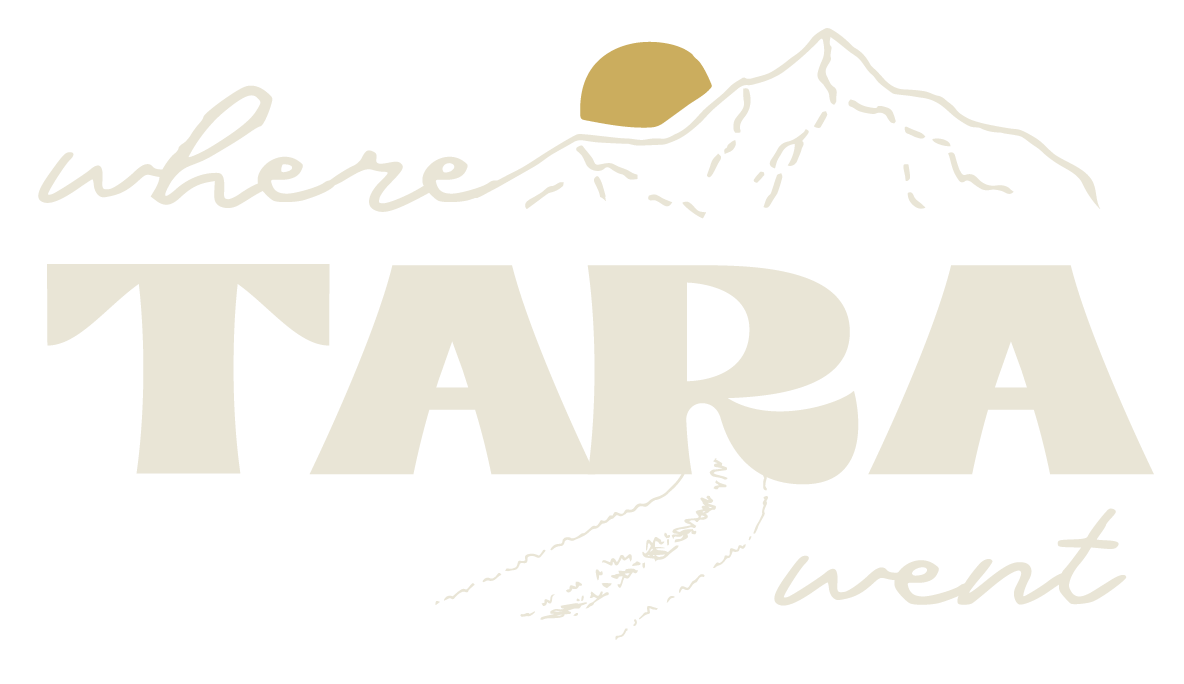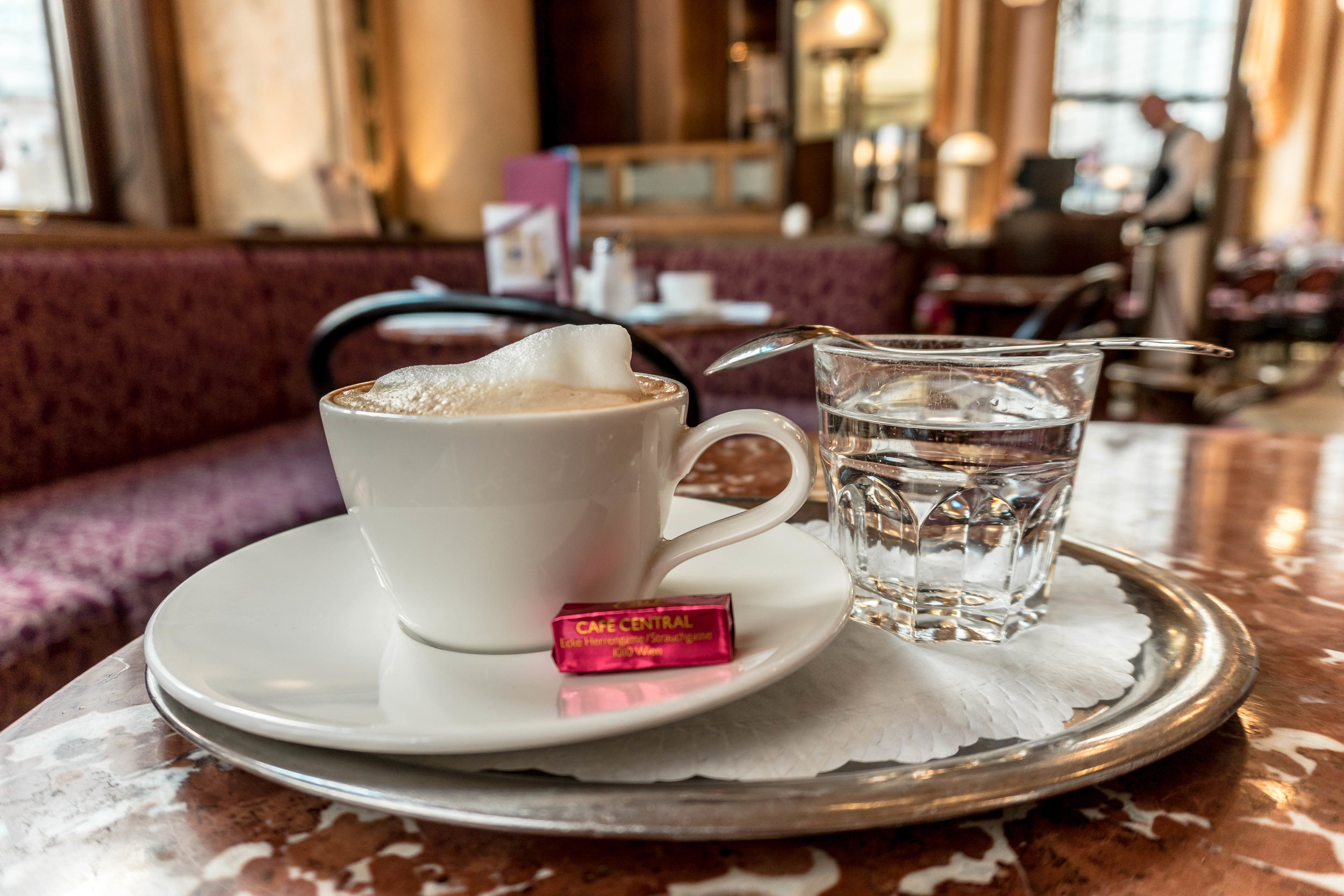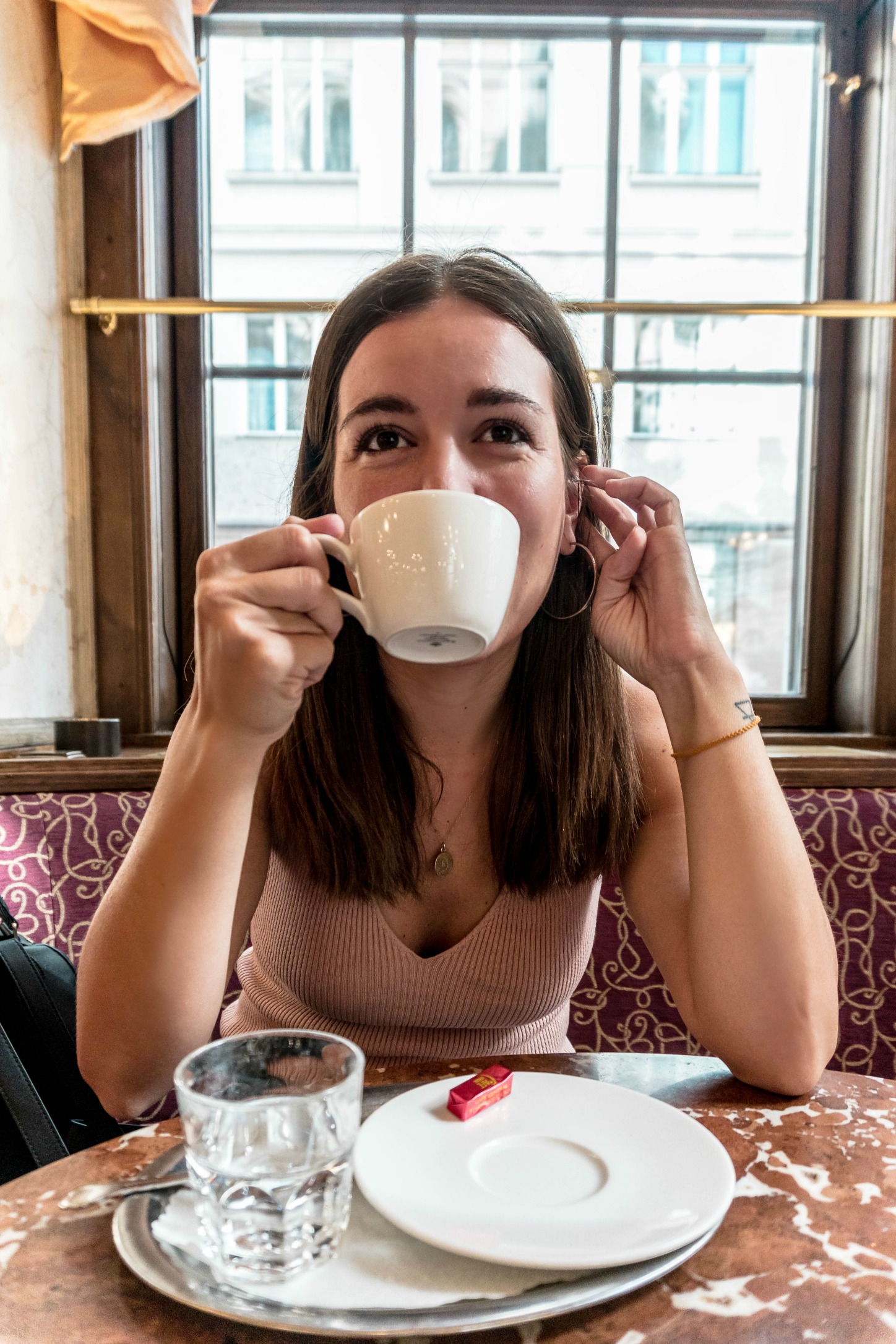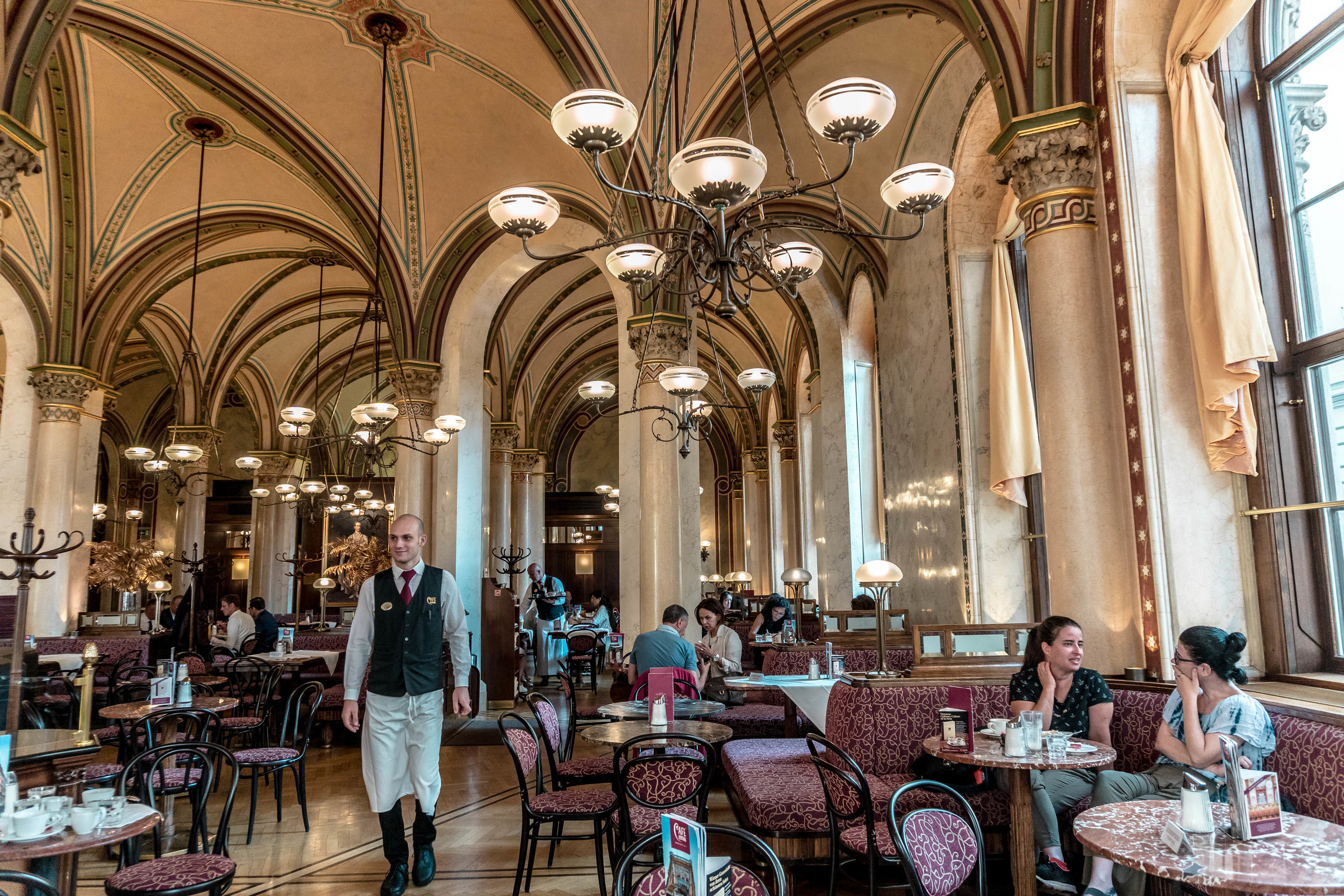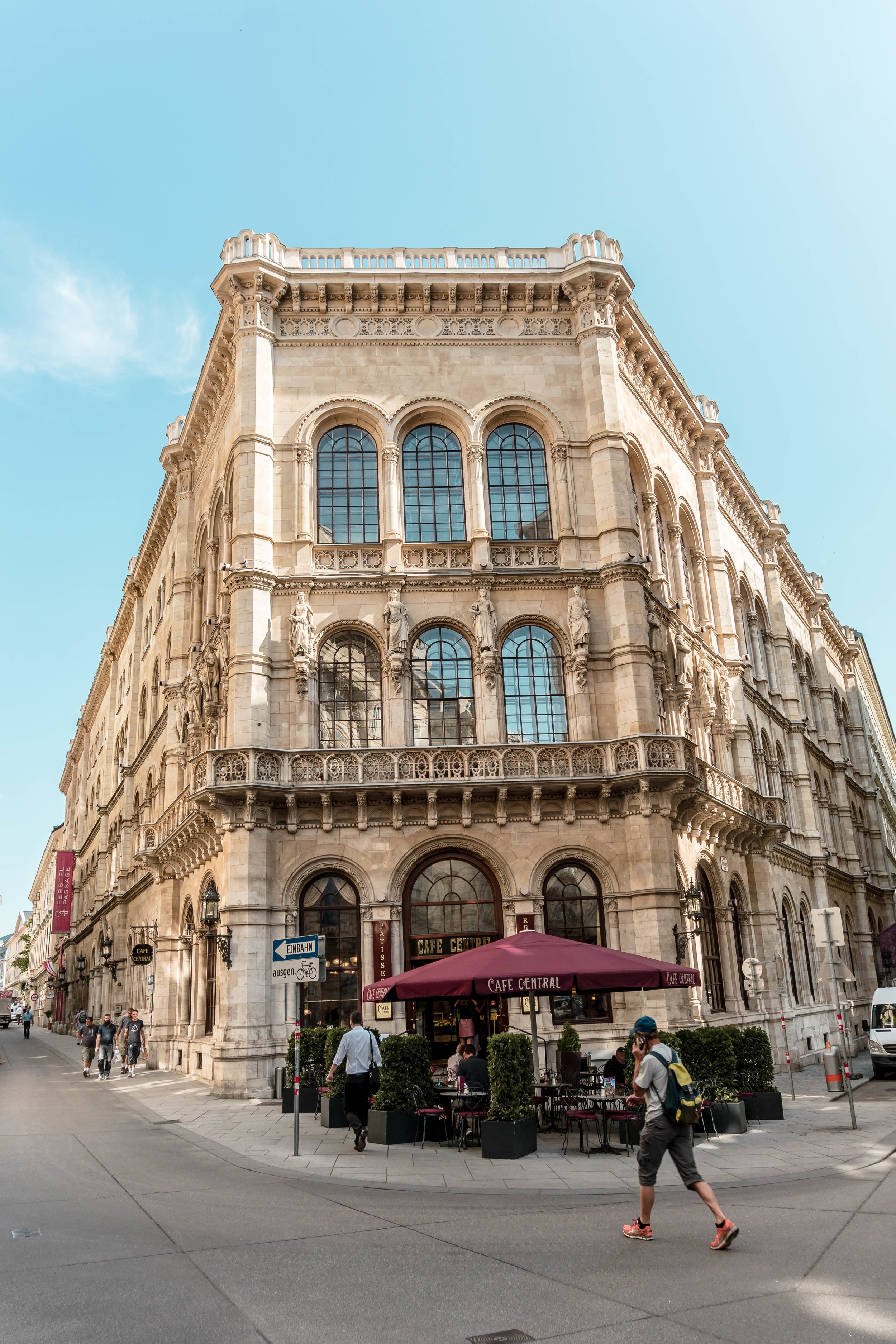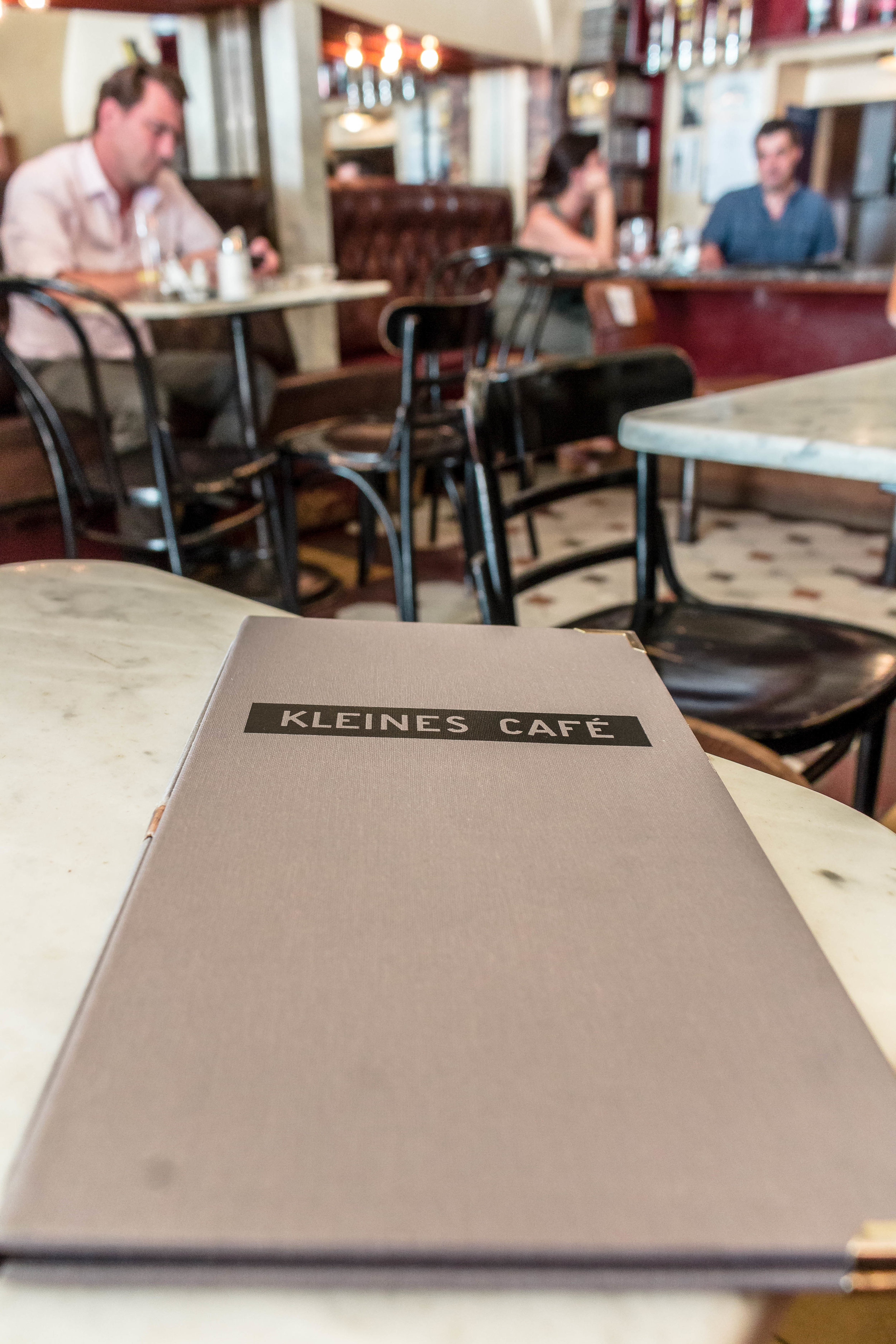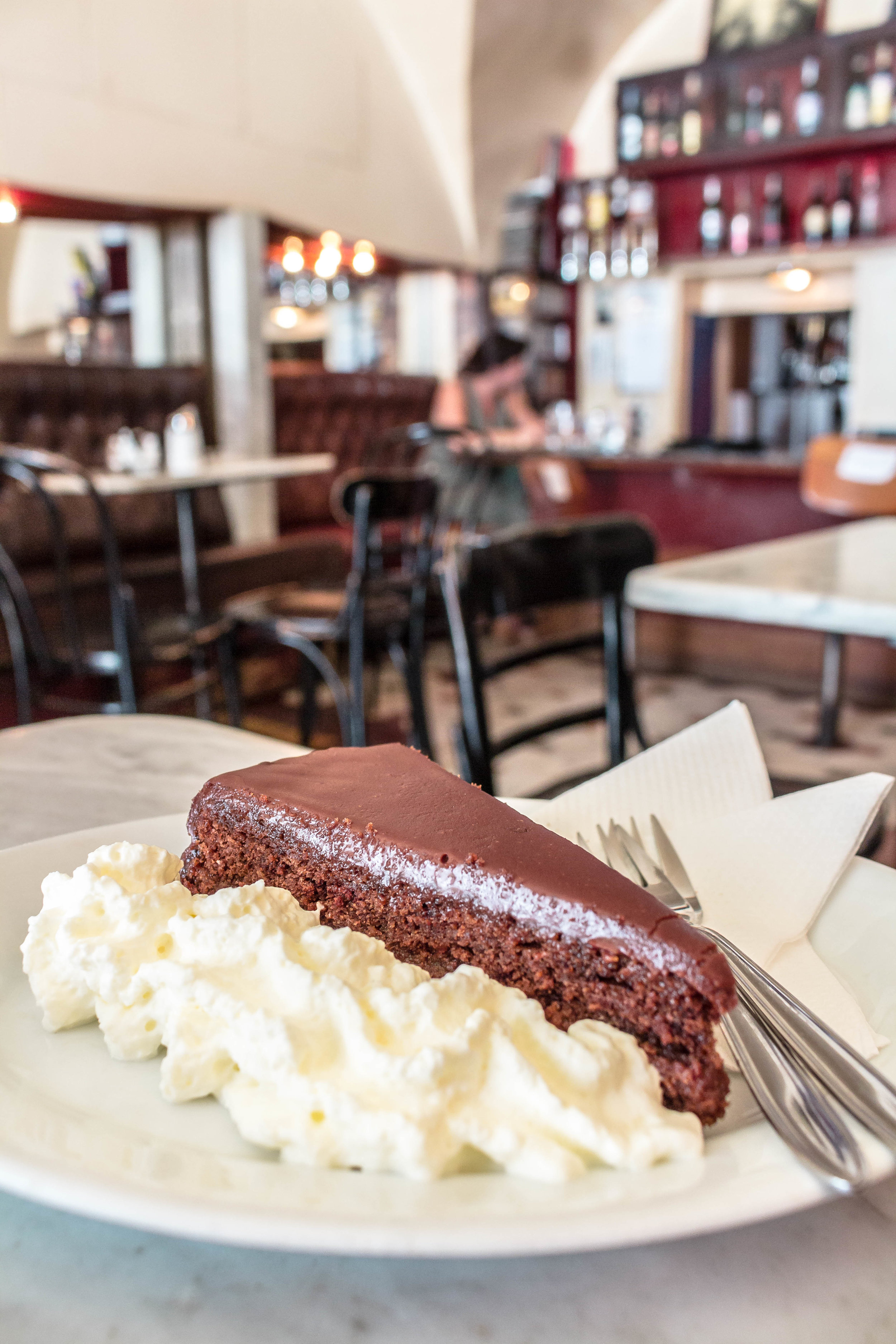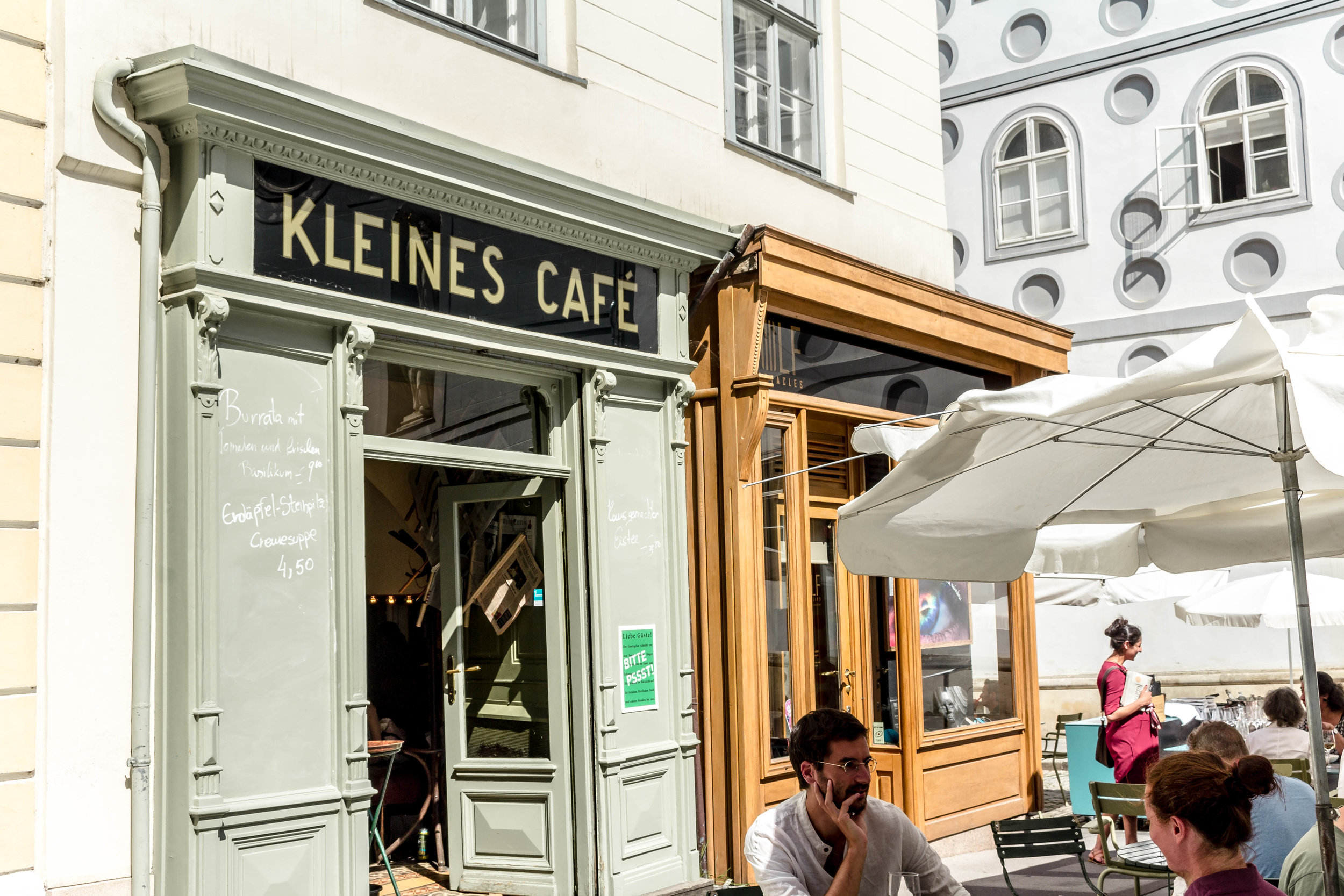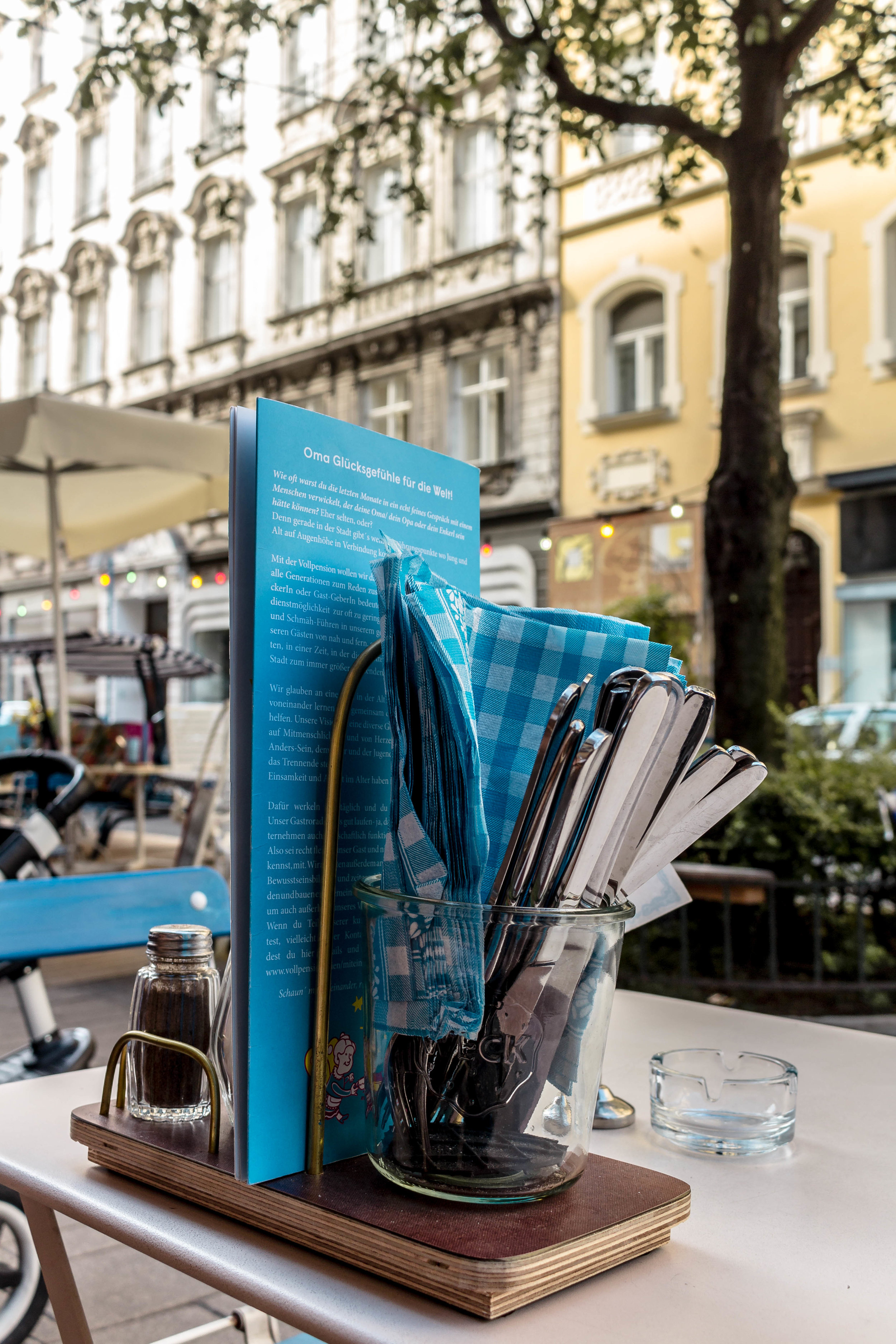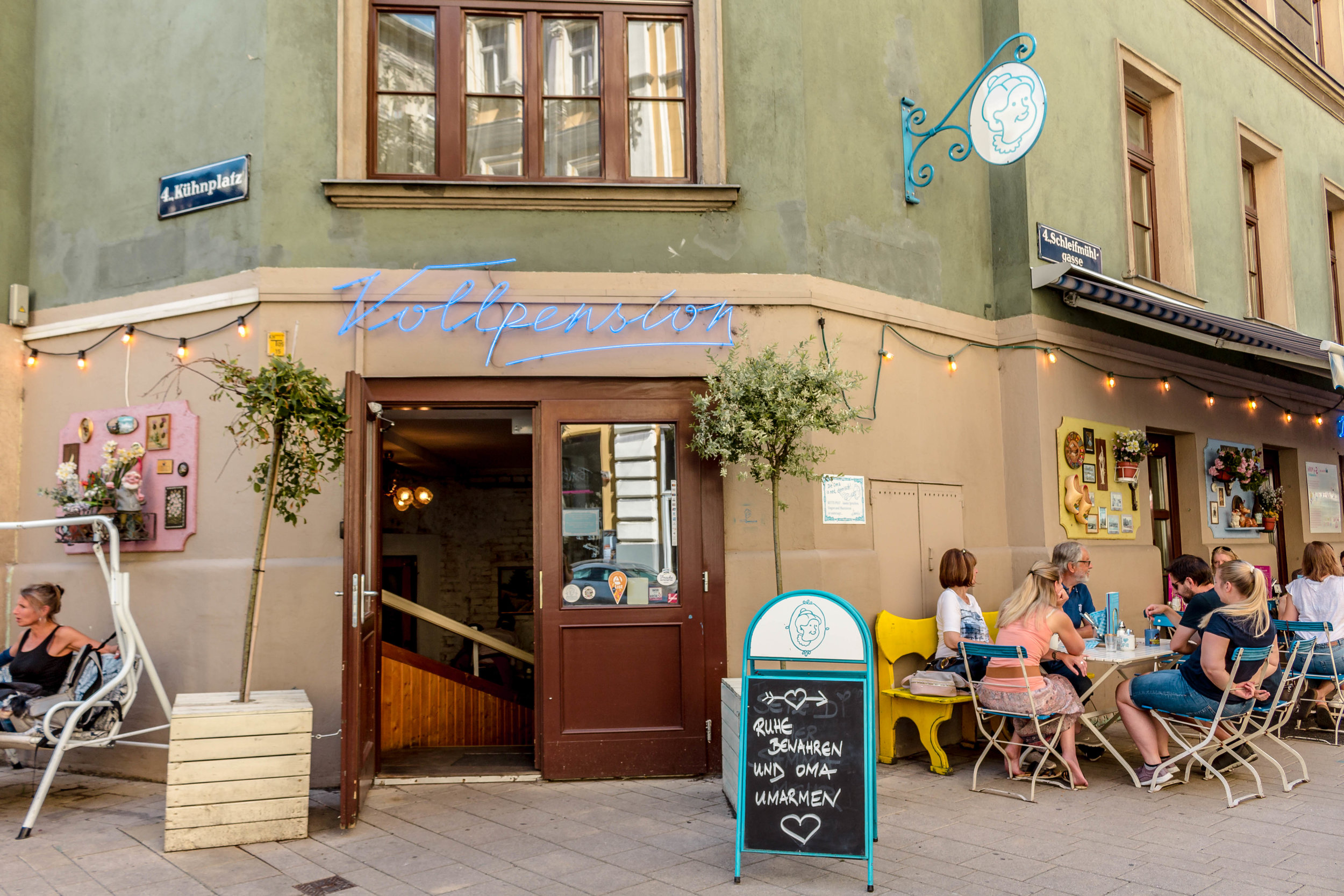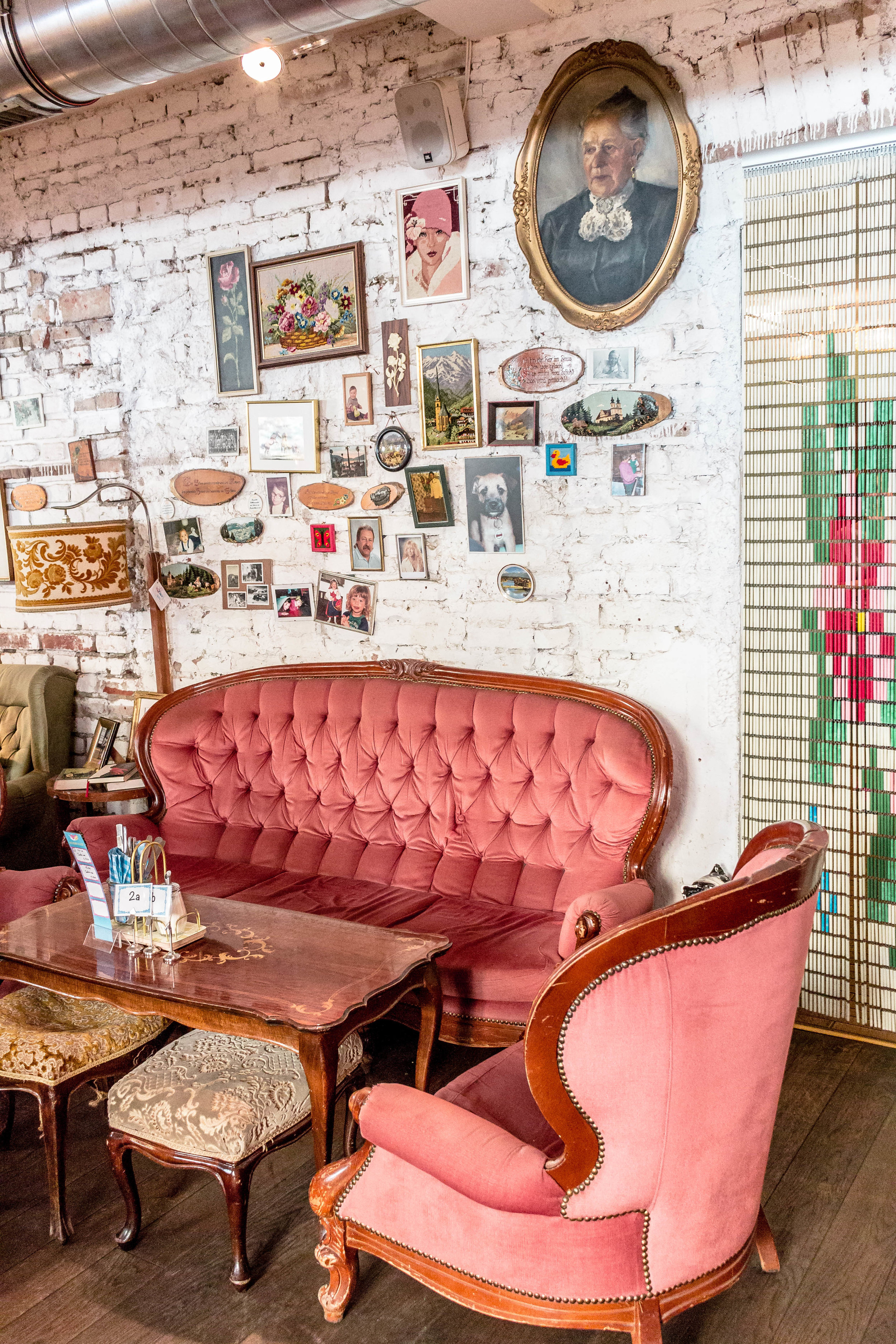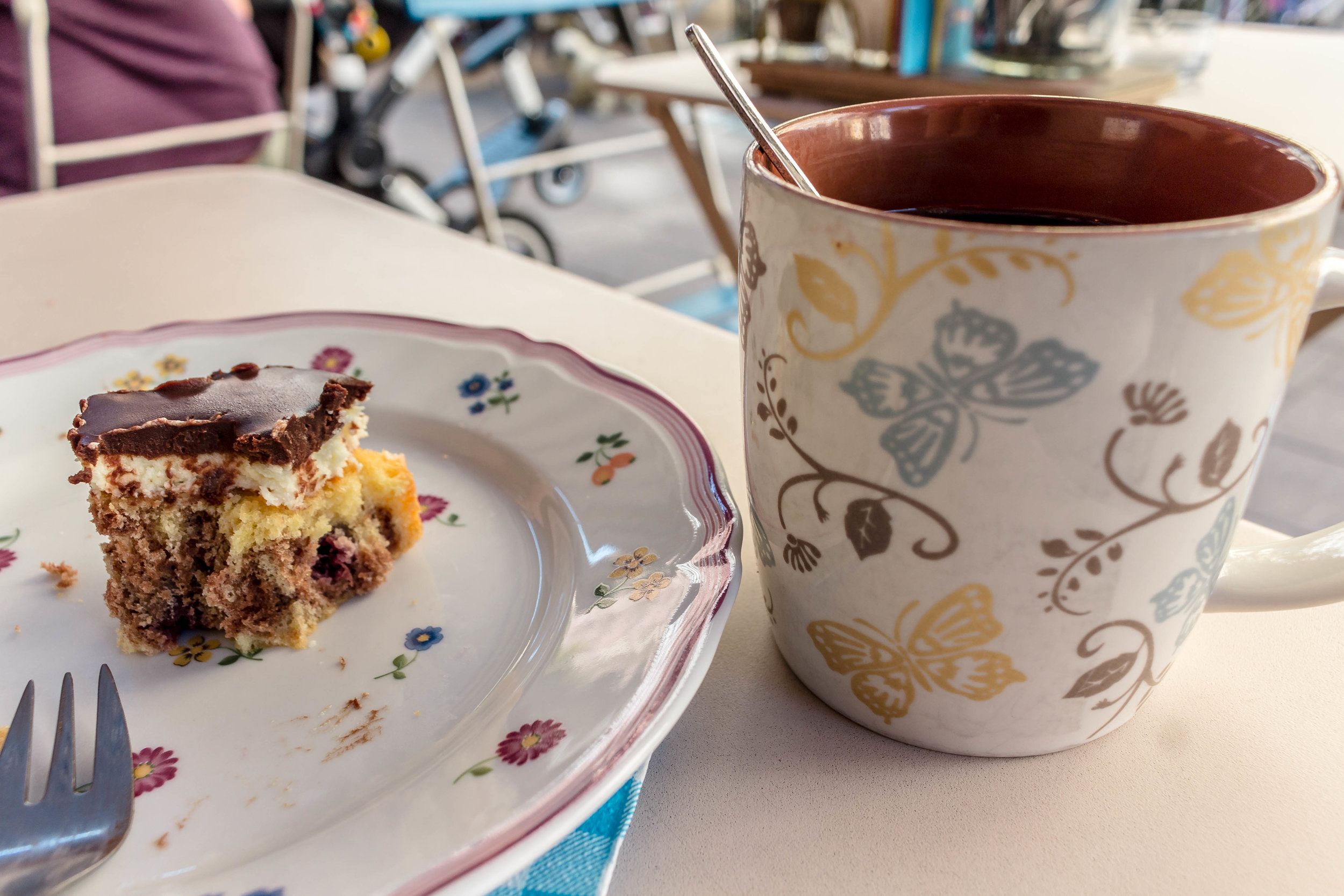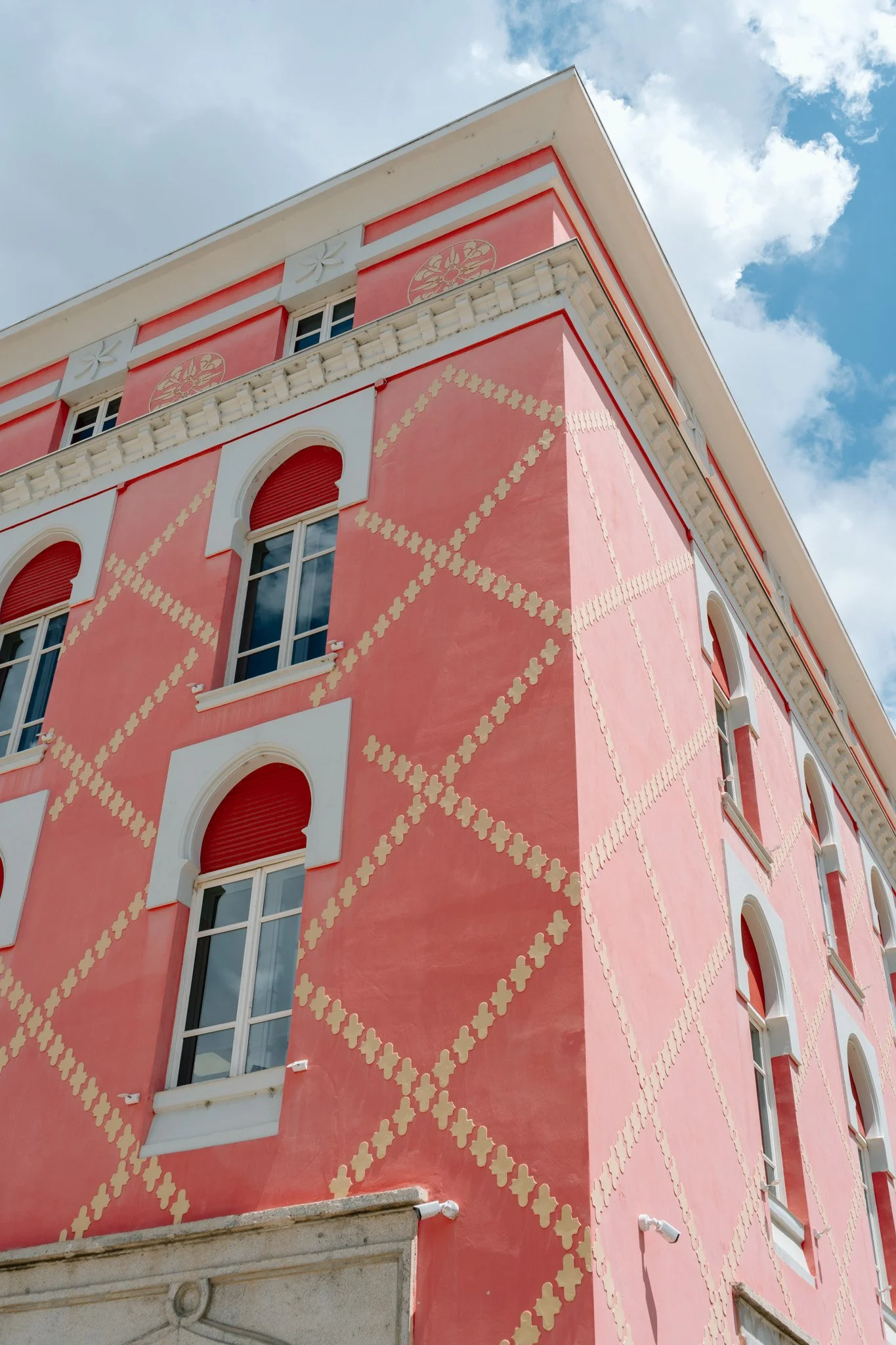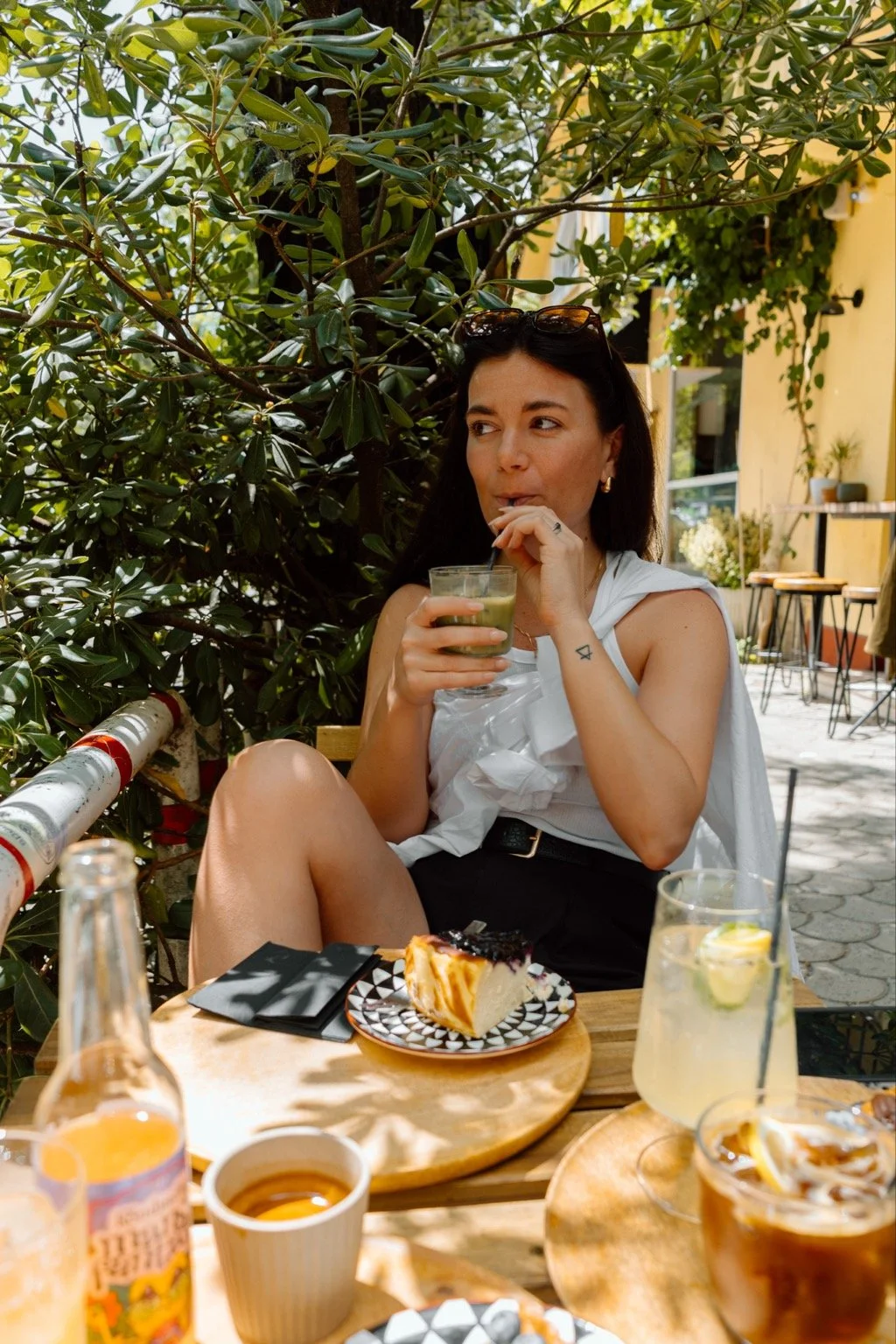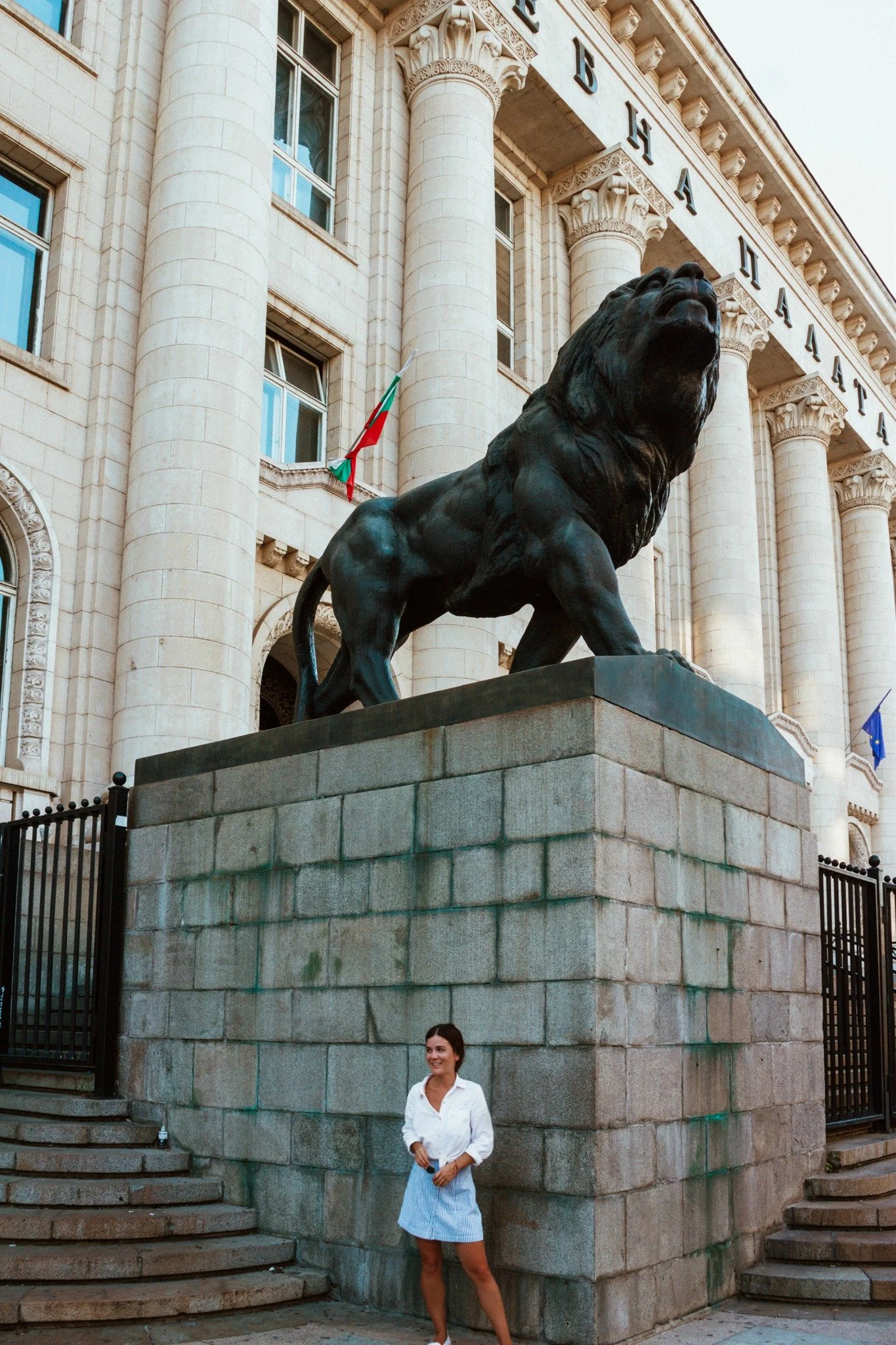12 of the Best Cafés + Coffee Houses in Vienna, Austria
Vienna runs on coffee, and this guide to 12 of its best cafés will help you navigate the city’s iconic coffee houses and modern cafés.
Coffee isn’t just a morning ritual in Vienna; it’s part of Austria’s cultural foundation. Coffee houses are, quite obviously, an essential part of the Austrian identity, particularly in Vienna where writers, philosophers, psychologists, and diplomats have all enjoyed sipping espresso. Vienna takes its coffee seriously, with a long tradition of coffeehouses that dates back to the 17th century. In fact, Vienna's coffeehouses are so important to its cultural heritage that they were added to the UNESCO Intangible Cultural Heritage list in 2011. If you're a coffee lover, Vienna is the place to be.
But it’s not all sophistication and stuffiness. No, not at all! Vienna is home to modern brunch spots and local coffee haunts that have all been compiled into this comprehensive list of the city’s best cafés and coffee houses.
In this article, I'll take a closer look at some of the best cafés in Vienna, from traditional coffeehouses to trendy joints. I’ll share the history and culture of Viennese coffee, and introduce you to some of the most iconic coffeehouses in the city. So, whether you're looking for a classic cup of coffee or a unique and creative coffee experience, Vienna has something to offer. Read on to discover the best coffee cafés in Vienna, Austria.
when to visit Vienna ↴
There are four distinct seasons in Vienna, all offering something different.
shoulder seasons (Spring + Autumn) | During spring and autumn, the temperatures in Vienna are enjoyable and there are far fewer crowds to deal with. Prices for accommodation and food will also be lower during the should seasons. In early spring (April), the average temperature is around 9°C and by the end of spring (May) you can expect temperatures around 15°C. The temperatures tend to hover between 9-20°C in the autumn months (September-November).
peak season (Summer) | Summer is the peak tourist season in Europe, so expect high temperatures and hordes of tourists. This is also the most expensive time to visit Vienna.
Winter | Vienna from late November through March is cold! Daytime highs are in the single digits and dip below 0°C at night. However, if you can deal with the lower temperatures, you can enjoy the Christmas markets and the holiday atmosphere during this time of year.
how long to spend in Vienna ↴
I recommend visiting Vienna for at least 3-4 days. This is long enough to get a good feel for the city, see its main attractions, and enjoy its many coffee houses. If you have a little more time to play with, staying for a week will allow you to dig into the rich history of the city and may even allow for a day trip or two!
a brief history of coffee in Vienna ↴
The history of Viennese coffee house culture dates back to the end of the Siege of Vienna in 1683. It’s believed that Georg Franz Kolschitzky, a Viennese citizen, obtained a license to sell coffee in Vienna following his heroic actions during the siege. Kolschitzky is said to have sold the coffee beans that were left behind by the Turks, and the Viennese quickly became coffee fiends and Vienna had its first official coffeehouse. Today, there is an entire street named in his honour complete with a statue of him.
Despite this story of a war hero opening the first coffee house being true, it’s not entirely accurate. The first “coffee house” in Vienna was actually operated by Diodato, a well-known Armenian spy. Legend has it that Diodato, a master of the art of roasting and preparing coffee, served the Viennese court coffee so that he could listen in on their secrets. He, like Kolschitzky, has been honoured by the city of Vienna for his coffee contributions. The Johannes-Diodato Park in Vienna’s 4th district is named after him.
While coffee is an age-old tradition in Vienna, I honestly didn’t find the coffee there particularly perfected. I know, I know, I sound like a snob. But the truth is, just because coffee is famous in Vienna doesn’t mean it’s the best in the world.
3 must-try coffees in Vienna ↴
Kleiner Schwarzer/Großer Schwarzer | Essentially, a “Kleiner Schwarzer” is a single espresso, whereas a “Großer Schwarzer” is a double espresso. Technically speaking, it translates to English as “small black” and “large black”. On some menus, you might see “mokka” in place of “Schwarzer”, which refers to Turkish coffee.
Verlängerter | A verlängerter is an espresso with added hot water, kind of like a mini Americano. It literally translates to “an extended one”.
Einspänner/Kapuziner | This local delight is espresso topped with a dollop of whipped cream. Legend has it, the whipped cream kept the espresso insulated for royal carriage drivers during the colder winter months. If you’re really a whipped cream fan, try a Kapuziner, which is like an Einspänner 2.0.
the 12 best cafés + coffee houses in Vienna ↴
Café Central
Famous for its elegant interior and notable patrons, Café Central is the quintessential coffee shop in Vienna. With over 140 years of café history, this place has been the venue of many intellectual discussions over delicious cake and (average) cappuccinos. The red plush seating and fancy arched ceilings give you a seriously swanky setting to eat seriously decadent cake. After World War II, Café Central was closed for about 40 years until it finally reopened in 1986. Today, everyone wants a seat at a table here, so make sure you go early or prepare to wait.
Demel
Demel isn’t a great spot for coffee, but it is a great place to break for some of the best chocolate in Austria. In fact, it’s a great place for anyone who loves sweets like gelato and, you guessed it, cake. Demel tends to be a tourist favourite, thanks in part to its close proximity to the Spanish Riding Centre in the heart of the city.
Café Schwarzenberg
Café Schwarzenberg might be the most photogenic coffee house in all of Vienna. It’s a traditional café where the people-watching is great and there is a longstanding tradition of writers, artists, and musicians. It’s also less crowded than the likes of Café Central, though feels just as special. It is said to be the oldest café on the Ringstrasse, and its antique interiors reflect that history beautifully. Its marble and wood-panelled interior definitely make it one of Vienna’s most opulent coffee houses.
Caffe Delia’s
With a divine cake selection and beautifully roasted espresso, Caffe Delia’s neon signage is sure to grab your attention and pull you into what I consider one of Vienna’s best-kept “secrets”. Its al fresco seating is ideal in the summer, and its classic European interiors make it a low-key place for a coffee catch-up with a friend.
Cafe Prückel
Frequented by more locals than tourists, Café Prückel is a great option for coffee in the 1st District. Where Café Prückel stands apart from the many other cafés in Vienna is its decadent cake selection.
Kleines café
Since 1970, Kleines Café has sat hidden away from tourists as a counterculture haven. It’s small and smokey, but has a cool vibe that Come here for Viennese famous sachetorte for a fraction of the cost that other cafés charge. This was probably my second favourite café I went to in Vienna. I liked how small and lowkey it felt, like I had stumbled onto a secret {even though I had totally mapped out visiting before hand}. The coffee here is actually good, so I recommend any baristas looking for a decent brew stop here.
Café Sperl
Cafe Sperl, located near Naschmarkt, is a ways outside of the city center, but well-worth the visit. This local spot, which has been in business since 1880, is void of crowds and other tourists, giving it an extra calm atmosphere. There is live music on Sunday afternoons and
Vollpension
Without a doubt, my favourite café in Vienna is Vollpension. This café aims to be a place that bridges generational gaps so that people of all ages can gather and share their stories. They hire people without discrimination of age. The place is decorated like your grandparents’ house, but the music that’s played rotates modern hits— another way of connecting young and old. This is the place to go if you’re wanting a proper brunch in a quirky setting.
Gerstner
Gerstner is a pastry-focused café that makes speciality cakes. The café has a view of the Vienna Operahouse. After ordering your cake on the beautiful first floor, you can walk up the spiralling staircase to the small seating area that is comprised of plush armchairs, funky wall decorations, and a piano.
Paim Espresso bar
Paim Espressobar is one of the only cafés in Vienna that is open on Sundays. As fate would have it, I was in desperate need of refreshment on a Sunday morning and stumbled upon Paim near my AirBnB. The menu boasted a bevvy of affordable breakfast options, including vegan and vegetarian meals. Chai, coffee, and fizzy lemonades will help you wash all the food goodness down.
Zweitbester
Zweitbester is set in an exposed brick bunker of sorts. The industrial-style café stands out amongst the other more traditional coffee houses in the city thanks to its concrete floors and minimal interior design. The food is farm-to-table and the brunch menu is all locally-sourced. Zweitbester is also a plastic-free establishment, which wins points in my book.
Café Hawelka
As one of the most well-established coffee houses in Vienna, Café Hawelka has a history steeped in writers and artists meeting underneath its roof for a cup of coffee in hopes of getting inspired. The café dates back to 1945 and has been proudly run for three generations by the same Austrian family. Don’t miss trying the sweet rolls Hawelka is famous for!
map ↴
Find the best cafes and coffee houses in Vienna, Austria on the map below.
